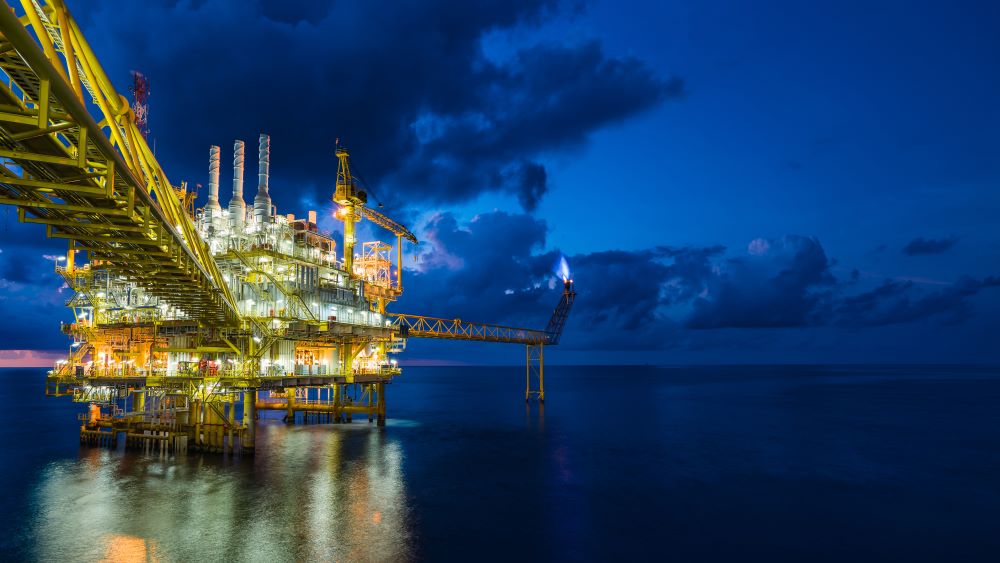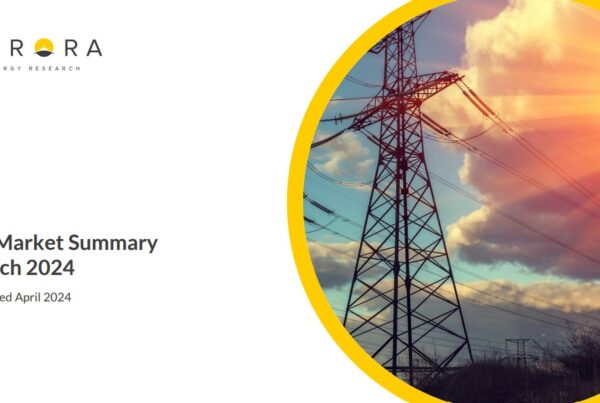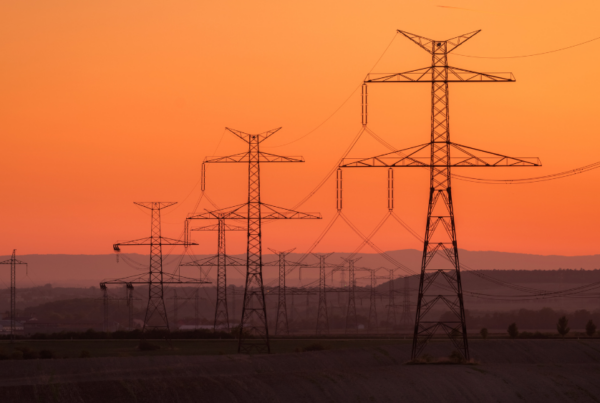
Our ongoing EU Gas subscription special topics programme is analysing the impact of the Net Zero transition on European gas markets. This fourth report in the series is a deep dive on the European gas market, exploring changes in demand, flows and gas prices to reach Net Zero.
Key messages from this report:
- Hitting Net Zero in Europe causes gas demand to fall by over 69% compared to Aurora’s Central scenario by 2050, as gas consumption in non-power sectors declines by 94% due to energy efficiency improvements and fuel switching. CCS enables gas-fired generation to remain in Europe’s power system, and we see 102bcm of gas consumed in 2050
- In the Net Zero scenario, the NBP and TTF prices are expected to increase to €21/MWh by 2035, driven by increasing global LNG demand. Beyond 2035 however, gas prices decline, falling to €16/MWh by 2050, ~45% lower than Aurora Central. This comes as Asian gas demand falls with growing renewable penetration, which drives down the marginal cost of LNG shipments to Europe
- LNG imports rise to 95bcm by 2030, as LNG play a crucial role in filling the supply gap left by falling Norwegian, Russian, and indigenous production. From 2030 however, LNG imports decline, falling to 78bcm in 2050, as a result of rapidly falling demand. Nonetheless, LNG’s share in the gas mix increases from 24% in 2030 to 64% in 2050
- Pipeline supply from Norway and Russia is expected to decline substantially during our forecast as low gas demand and consequent fall in gas prices decrease investments in new producing fields to replace declining output from the mature fields. Similarly, utilisation of the North African pipelines is expected to decline to almost zero by 2050 due to gas demand contraction, and increased competition with LNG in Spain and Italy
- Storage plays a very limited role in the Net Zero scenario in the gas markets in Northwest Europe. Low seasonality of demand and thus prices means summer-winter spreads fall to levels where operating costs for storages became be hard to cover, disincentivising storage bookings. Additionally, increased flexibility of LNG supply over the winter period is expected to amplify this effect
This is subscriber-only content. Not a subscriber yet? Find out more about our European Gas package.






